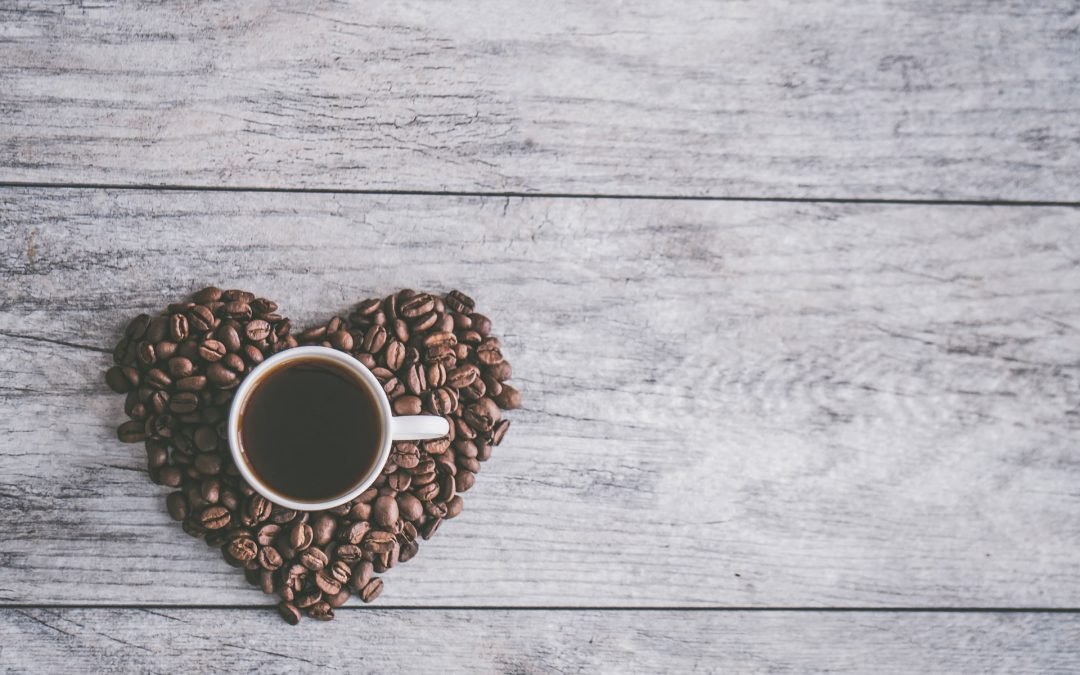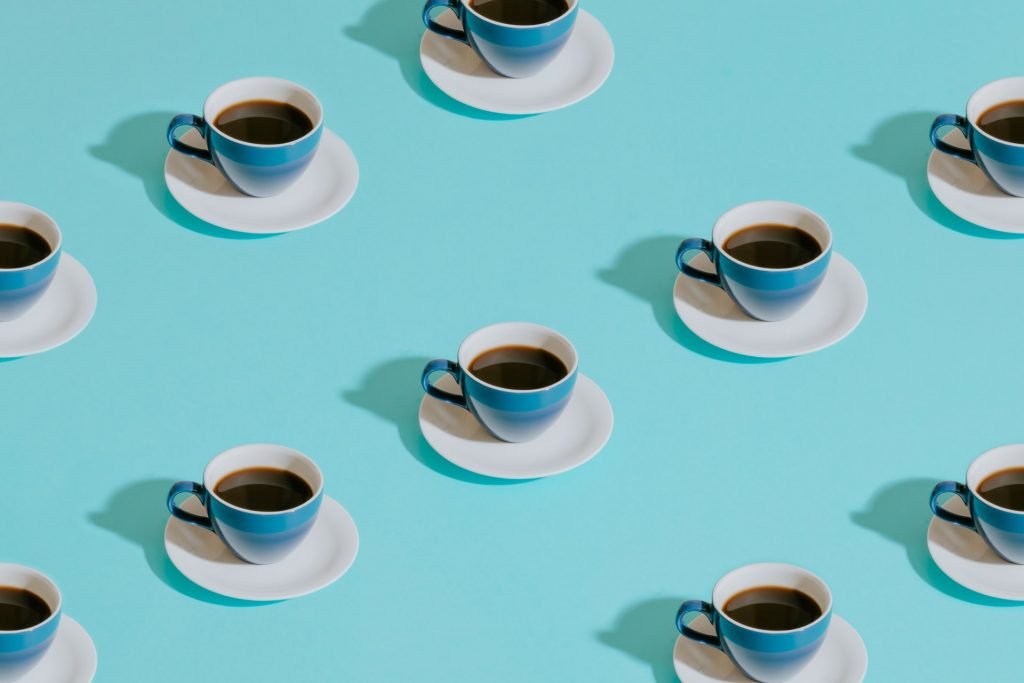85 percent of Americans consume at least one caffeinated beverage every day, which should come as no surprise. It’s no secret that we love our coffee—as well as our tea, chocolate, cola, and energy drinks—with coffee shops crammed into our cities and out-of-the-way cafés enticing us with flat whites and lattes.
10 Facts about Coffee
However, aside from the energy rush that it provides, how many of us know much about Kona coffee and caffeine?
Here are ten fascinating facts about some of the world’s most popular beverages, as well as how they affect our lives and bodies:
Darker coffee roasts contain less caffeine than lighter roasts.
If you walk into a Starbucks craving an energizing cup of coffee, you might be tempted to get the darkest, richest roast.
However, appearances can be deceiving. Light roasts have a stronger caffeine kick than their darker counterparts because light roasts are exposed to less heat. As a result, they retain more moisture within their beans, making coffee beans thicker, and giving you more caffeine than the French Roast you’re considering.
Keep in mind that lighter roasts, which have more subtle tones than dark roasts, have a thinner body and may taste like strong black tea to some.
Coffee is the world’s fourth most popular drug—and the most socially accepted
The most extensively used substance on the planet is alcohol, but coffee and caffeine aren’t far behind: buzzy drinks are the fourth most common “drugs” on the planet, according to the Global Drug Survey.
Do you rely on your coffee for your survival? Caffeine does not build in body fat like marijuana or other dangerous drugs since it completely goes through human tissue.
Caffeine withdrawal affects our mental health
If you drink coffee regularly, you’re probably aware that the lows are just as bad as the highs.
Caffeine withdrawal is included as a mental health problem in the most recent edition of the “Diagnostic and Statistical Manual of Mental Disorders” (DSM-5).
Anyone who has ever suffered from pounding headaches, exhaustion, irritability, or a low mood as a result of cutting out or limiting caffeine will agree that it feels like a disease. (In fact, stopping coffee cold turkey can cause headaches to last up to nine days.) If this is a recurring issue, try cutting back on your intake. Both your brain and body will be grateful.
We’re presently in coffee’s third wave
So far, there have been two big waves in the evolution of coffee, and we are currently riding the third.
Coffee, which is thought to have been found by a goat herder who noticed an energy shift in his cattle after they grazed on a special red berry, was an accessible and affordable product in the first wave, with each cup tasting nearly identical.
Coffee shops, such as the aforementioned Starbucks, elevated coffee to a new level in the second wave by adding sweet flavorings, whipped cream, decorative tops, and other customizations.
In the third wave, we’re seeing coffee becoming more of an artisan product, with a particular flavor that tells its story and origins (its source, and whether it’s handcrafted).
The fourth wave, according to the Paulig Barista Institute, will be distinguished by the science of coffee, precise brewing measurements, a deep understanding of coffee properties, water chemistry, and the further improvement of brewing equipment. Can you imagine the sophistication that will bring?
Finland consumes the most amount of caffeine in the world
If you think Americans are truly addicted to coffee think again! Finland is the world’s largest coffee consumer, consuming 12kg per capita per year. Meanwhile, America ranks 22nd on the list, with citizens in the Philippines drinking the least, at 1.2kg per capita.
Japan, which consumes 1.5 kg per capita, tops the list of countries that pay the most for coffee.
Coffee has numerous health benefits
While coffee traditionally had a poor reputation, a growing amount of evidence shows that it has numerous health benefits. This is due to coffee’s strong antioxidant content—compounds that protect you from free radical damage and the aging and health concerns that come with it. Furthermore, research released by the National Institutes of Health has shown that coffee helps lower one’s risk of neurodegenerative illnesses such as Alzheimer’s.
Caffeine’s intoxicating buzz attracts more than just humans
A lot of flowers have low quantities of caffeine, which attract bees to their blossoms. What’s even more intriguing? Caffeine has been found to improve insect memory.
Each of us metabolizes caffeine differently
Have you ever seen a friend drink cup after cup of coffee with little impact on their attitude and behavior?
Several factors influence our ability to metabolize coffee. For example, women metabolize coffee 25% quicker than males. Asians metabolize coffee slower than Caucasians, and smokers metabolize coffee twice as fast as nonsmokers. Women on birth control, on the other hand, metabolize caffeine at about a third of the rate of women who don’t take pills.
In their book The World of Caffeine: The Science and Culture of the World’s Most Popular Drug, Bennet Alan Weinberg and Bonnie K. Bealer said a nonsmoking Japanese man drinking his coffee with an alcoholic beverage would probably feel buzzed “about five times longer than an Englishwoman who smoked cigarettes but did not drink or use oral contraceptives.”
Your caffeine intake may be influenced by your profession
According to a survey undertaken by CareerBuilder and Dunkin’ Donuts, one’s career determined their coffee and caffeine dependency. The list was topped by scientists and lab technicians, followed by marketing and public relations professionals, school administrators, and writers and editors. Furthermore, 60% of those polled indicated they consume at least two cups of coffee per day, with nearly half admitting that their job productivity would suffer if they didn’t have their daily fix.
Caffeine wakes you up and makes you happier
The effects of coffee (or another caffeinated beverage or food) can enter your brain within 20 minutes of consumption. Depending on your caffeine sensitivity, your alertness will spike about 30 minutes to an hour later, when it reaches its highest level in your blood. Caffeine interferes with adenosine, a neurotransmitter that limits arousal and, in essence, tells your brain it’s weary, so it’ll wake you up.
Coffee also boosts the creation of dopamine, a neurotransmitter that causes emotions of pleasure and elation. Is it any surprise that it is the most popular beverage on the planet, second only to water?
Dr. Paulo’s Kona Coffee roasts in limited batches from some of Kona’s most special coffee farms. Check to see whether we currently have any Kona coffee in stock!




